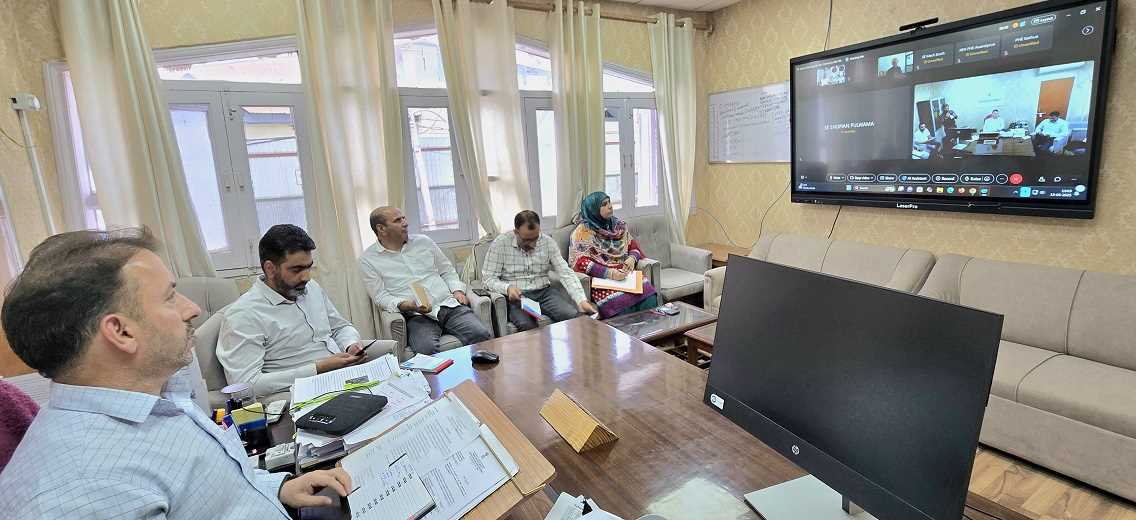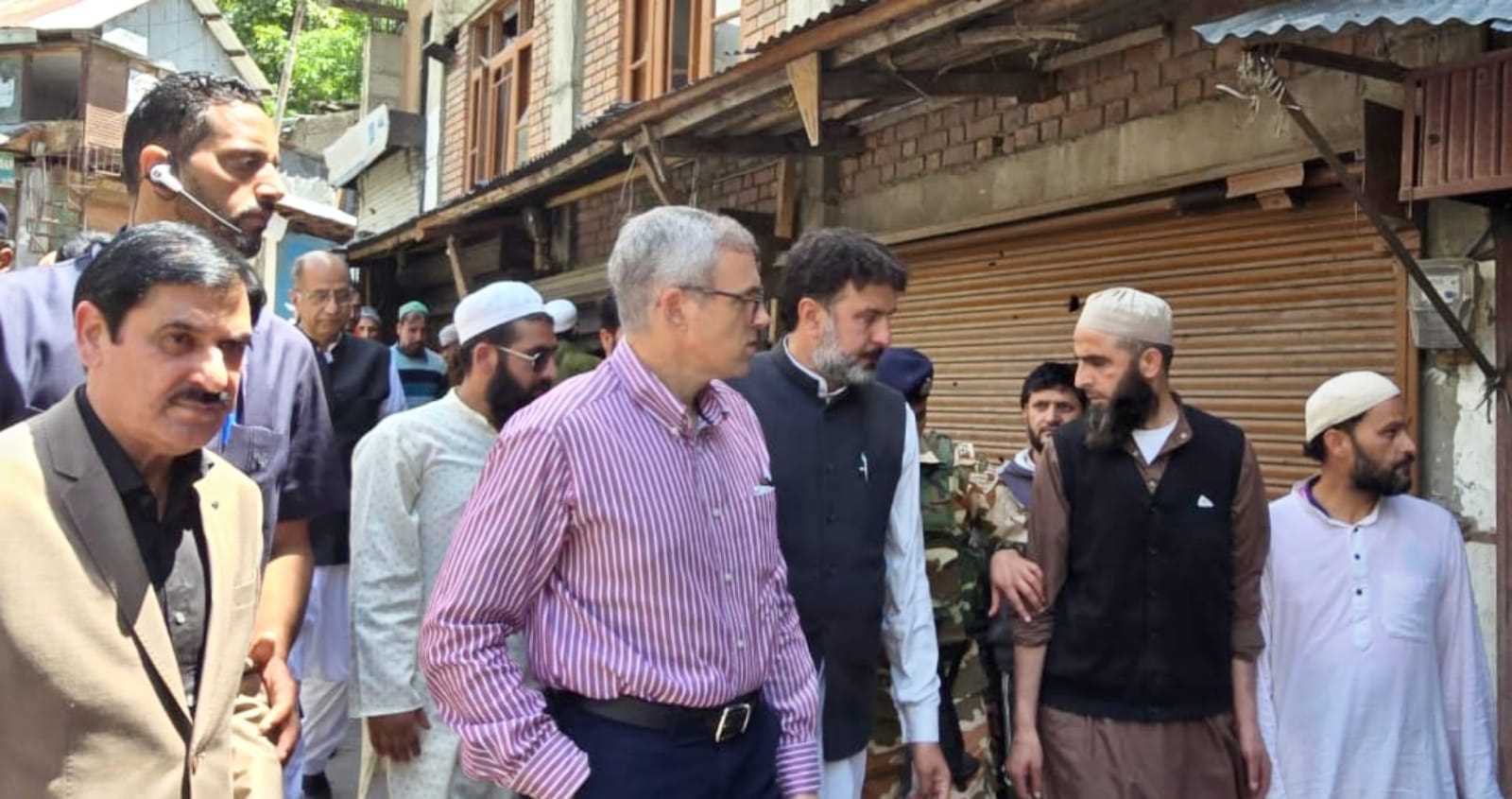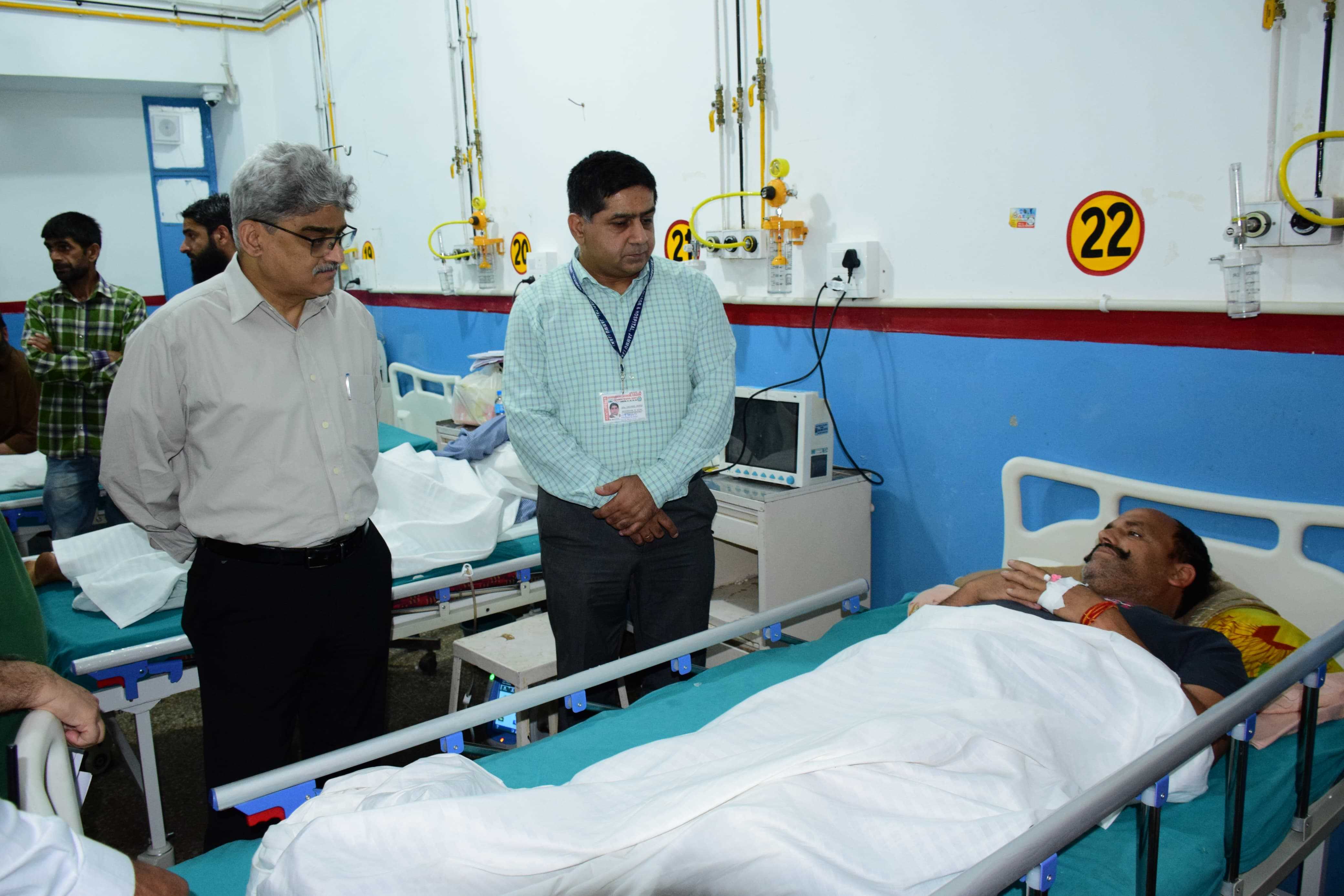
This has a significant impact on their ability to assert their rights and to seek redress for any harm done to them. In addition to poverty
The concept of justice is universal and touches every aspect of human life, from the political sphere to the economic realm. It is a fundamental principle that every individual deserves equal rights and opportunities, and that those who are wronged should have access to a fair and impartial system of justice. World Justice Day was established by the United Nations in 2009 to recognize the importance of justice in achieving peace and prosperity for all. The day seeks to promote a culture of justice by raising awareness about the issues that prevent access to justice, and to encourage governments and individuals to take action to improve access to justice for all.
World Justice Day is celebrated on the 20th of February every year to promote social justice around the world. However, there are still many areas in the world where social injustice is rampant, and one of these areas is Balochistan. It is the largest province of Pakistan, located in the southwest of Pakistan. The Baloch people are the native inhabitants of the region and have been facing social injustice for decades. Despite being the richest province in terms of natural resources, Balochistan remains one of the most deprived and backward areas in the country. Social injustice and political marginalization are significant issues faced by the Baloch people having resulted in widespread discontent and unrest in the region.
‘One of the primary issues faced by the Baloch people is economic exploitation. Balochistan is rich in natural resources, including oil, gas, and minerals, but the local people have not benefited from the exploitation of these resources. Instead, the resources have been used to fuel the economic growth of the rest of the country, while the Baloch people remain one of the most impoverished in the country’.
According to the United Nations, more than 4 billion people around the world do not have access to justice because they are poor. This means that they are unable to afford legal representation, and they do not have access to a fair and impartial justice system.
This has a significant impact on their ability to assert their rights and to seek redress for any harm done to them. In addition to poverty, there are many other factors that contribute to the lack of access to justice, including discrimination, corruption, and lack of legal awareness. Women and children, ethnic and religious minorities, and individuals with disabilities are often among those who are marginalized and excluded from the justice system. Another major issue is political marginalization. Despite being the largest province in Pakistan, Balochistan has been denied proportional representation in the national government, which has resulted in a lack of political power and influence for the Baloch people. This has led to a sense of frustration and resentment among the Balochis, who feel that their voices are not being heard.
‘Furthermore, the Baloch people have been subjected to violence and human rights abuses by the government. The security forces have been accused of extrajudicial killings, forced disappearances, and torture, which has further fuelled the anger and frustration of the Baloch people. The lack of accountability for these human rights abuses has perpetuated a culture of impunity, where the security forces can act with impunity and without consequence’.
The government's response to the Baloch issue has been inadequate. Instead of addressing the root causes of the problem, the government has resorted to using force to suppress the Baloch nationalist movement. The use of force has only served to exacerbate the problem and has led to increased violence and instability in the region. As we celebrate World Justice Day, it is important to highlight the issue of social justice for the Baloch people. The Baloch people have faced a long history of injustice and marginalization, and their struggle for social justice continues to this day. The Baloch people, who primarily live in the Balochistan region of Pakistan, have been subjected to human rights abuses and economic exploitation. Their resources, including natural gas and minerals, have been extracted for the benefit of the ruling elite and foreign corporations, while the Baloch people continue to live in poverty.
The Balochis have been denied their right to self-determination, and their political and cultural rights have been suppressed. The Pakistani government has sought to suppress Baloch nationalism through military force and by curtailing freedom of speech and assembly. It is important that we stand in solidarity with the Baloch people in their struggle for social justice. We must call for an end to the human rights abuses and economic exploitation that they face. We must also call for their right to self-determination and political and cultural rights to be respected.
In conclusion, the Baloch people have been historically marginalized and oppressed by the government, which has resulted in social injustice and political marginalization. The exploitation of natural resources, lack of political representation, and human rights abuses have all contributed to the discontent and unrest in the region. The only way to address these issues is through a genuine dialogue and engagement with the Balochis, and by addressing the root causes of the problem, the government can help to bring peace and stability to the region. On World Justice Day, individuals and organizations around the world should be encouraged to take action to promote justice and to ensure that all individuals have access to a fair and impartial system of justice. This can involve advocating for policy changes, supporting legal aid programs, or volunteering time and resources to help those who are marginalized and excluded from the justice system. It is imperative that the government of Pakistan takes urgent and necessary steps to address the Baloch issue and ensure that the Baloch people are granted their rightful place in the political and social fabric of the country. As we celebrate World Justice Day, let us remember that justice is not just a legal concept, but a social one. We must work towards a more just and equitable society, where all people are treated with dignity and respect. This requires us to address the structural inequalities and power imbalances that underlie social injustice. Let us stand with the Baloch people in their struggle for social justice, and work towards a more just and equitable world for all.



This has a significant impact on their ability to assert their rights and to seek redress for any harm done to them. In addition to poverty
The concept of justice is universal and touches every aspect of human life, from the political sphere to the economic realm. It is a fundamental principle that every individual deserves equal rights and opportunities, and that those who are wronged should have access to a fair and impartial system of justice. World Justice Day was established by the United Nations in 2009 to recognize the importance of justice in achieving peace and prosperity for all. The day seeks to promote a culture of justice by raising awareness about the issues that prevent access to justice, and to encourage governments and individuals to take action to improve access to justice for all.
World Justice Day is celebrated on the 20th of February every year to promote social justice around the world. However, there are still many areas in the world where social injustice is rampant, and one of these areas is Balochistan. It is the largest province of Pakistan, located in the southwest of Pakistan. The Baloch people are the native inhabitants of the region and have been facing social injustice for decades. Despite being the richest province in terms of natural resources, Balochistan remains one of the most deprived and backward areas in the country. Social injustice and political marginalization are significant issues faced by the Baloch people having resulted in widespread discontent and unrest in the region.
‘One of the primary issues faced by the Baloch people is economic exploitation. Balochistan is rich in natural resources, including oil, gas, and minerals, but the local people have not benefited from the exploitation of these resources. Instead, the resources have been used to fuel the economic growth of the rest of the country, while the Baloch people remain one of the most impoverished in the country’.
According to the United Nations, more than 4 billion people around the world do not have access to justice because they are poor. This means that they are unable to afford legal representation, and they do not have access to a fair and impartial justice system.
This has a significant impact on their ability to assert their rights and to seek redress for any harm done to them. In addition to poverty, there are many other factors that contribute to the lack of access to justice, including discrimination, corruption, and lack of legal awareness. Women and children, ethnic and religious minorities, and individuals with disabilities are often among those who are marginalized and excluded from the justice system. Another major issue is political marginalization. Despite being the largest province in Pakistan, Balochistan has been denied proportional representation in the national government, which has resulted in a lack of political power and influence for the Baloch people. This has led to a sense of frustration and resentment among the Balochis, who feel that their voices are not being heard.
‘Furthermore, the Baloch people have been subjected to violence and human rights abuses by the government. The security forces have been accused of extrajudicial killings, forced disappearances, and torture, which has further fuelled the anger and frustration of the Baloch people. The lack of accountability for these human rights abuses has perpetuated a culture of impunity, where the security forces can act with impunity and without consequence’.
The government's response to the Baloch issue has been inadequate. Instead of addressing the root causes of the problem, the government has resorted to using force to suppress the Baloch nationalist movement. The use of force has only served to exacerbate the problem and has led to increased violence and instability in the region. As we celebrate World Justice Day, it is important to highlight the issue of social justice for the Baloch people. The Baloch people have faced a long history of injustice and marginalization, and their struggle for social justice continues to this day. The Baloch people, who primarily live in the Balochistan region of Pakistan, have been subjected to human rights abuses and economic exploitation. Their resources, including natural gas and minerals, have been extracted for the benefit of the ruling elite and foreign corporations, while the Baloch people continue to live in poverty.
The Balochis have been denied their right to self-determination, and their political and cultural rights have been suppressed. The Pakistani government has sought to suppress Baloch nationalism through military force and by curtailing freedom of speech and assembly. It is important that we stand in solidarity with the Baloch people in their struggle for social justice. We must call for an end to the human rights abuses and economic exploitation that they face. We must also call for their right to self-determination and political and cultural rights to be respected.
In conclusion, the Baloch people have been historically marginalized and oppressed by the government, which has resulted in social injustice and political marginalization. The exploitation of natural resources, lack of political representation, and human rights abuses have all contributed to the discontent and unrest in the region. The only way to address these issues is through a genuine dialogue and engagement with the Balochis, and by addressing the root causes of the problem, the government can help to bring peace and stability to the region. On World Justice Day, individuals and organizations around the world should be encouraged to take action to promote justice and to ensure that all individuals have access to a fair and impartial system of justice. This can involve advocating for policy changes, supporting legal aid programs, or volunteering time and resources to help those who are marginalized and excluded from the justice system. It is imperative that the government of Pakistan takes urgent and necessary steps to address the Baloch issue and ensure that the Baloch people are granted their rightful place in the political and social fabric of the country. As we celebrate World Justice Day, let us remember that justice is not just a legal concept, but a social one. We must work towards a more just and equitable society, where all people are treated with dignity and respect. This requires us to address the structural inequalities and power imbalances that underlie social injustice. Let us stand with the Baloch people in their struggle for social justice, and work towards a more just and equitable world for all.
© Copyright 2023 brighterkashmir.com All Rights Reserved. Quantum Technologies